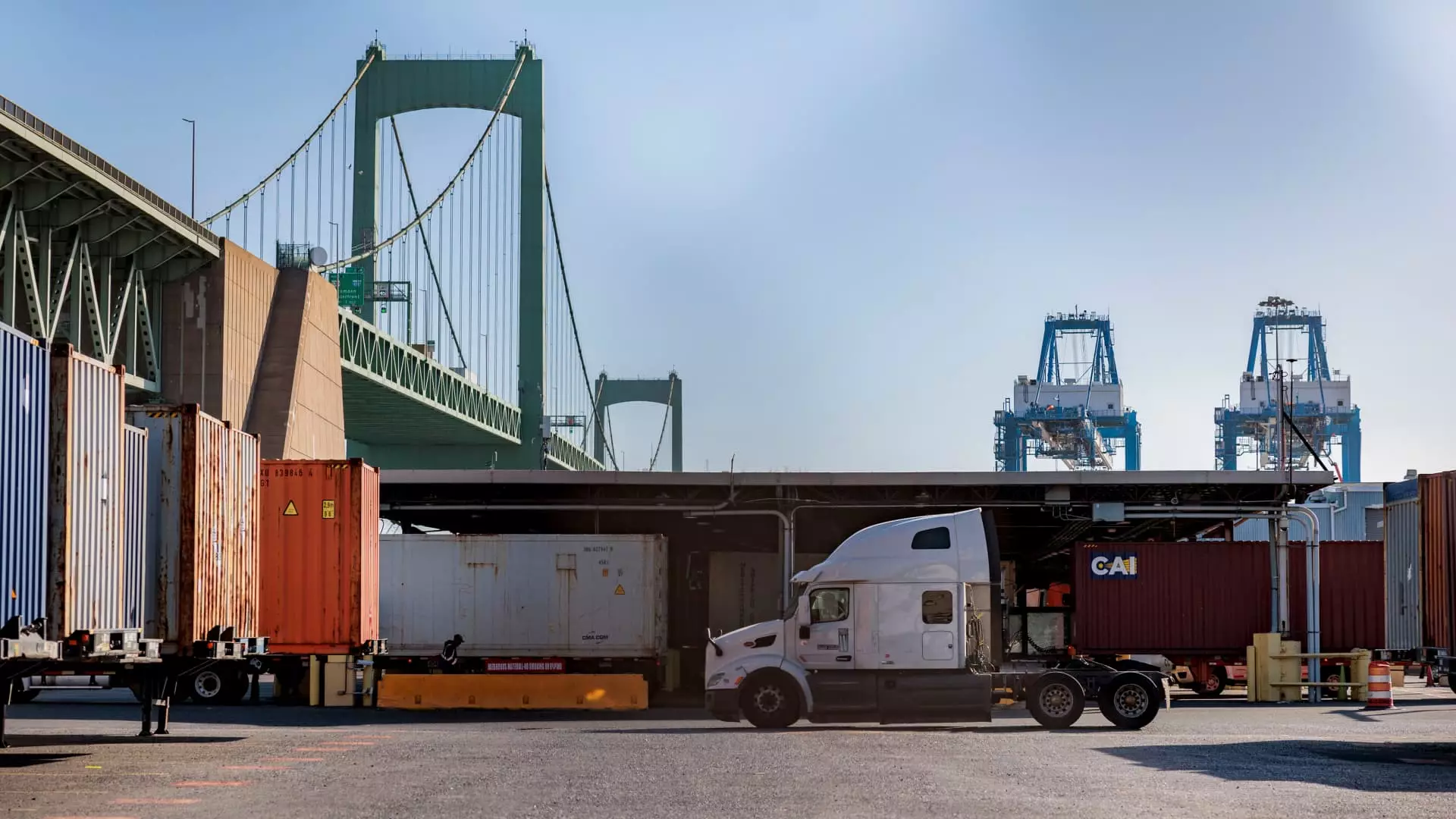The economic landscape has evolved dramatically over the past century. With the recent imposition of tariffs by President Donald Trump, a resurgence of interest in tariffs as a possible alternative to the federal income tax has emerged. However, the actual feasibility of such a radical shift raises numerous questions. Key policy experts argue that attempting to rely on tariffs to generate sufficient revenue could lead to unsustainable economic consequences. This article discusses the implications and potential pitfalls of replacing income tax with tariff-based funding.
The Historical Context of Tariffs
Historically, tariffs served as a significant source of revenue for the federal government during the 19th century. However, the dynamics of the economy have shifted dramatically since that time. According to the Tax Foundation, the federal government now spends a considerable 22.7% of the Gross Domestic Product (GDP), which is starkly different from the ratios observed when tariffs were the primary means of revenue collection. This increased spending raises the question: can a 21st-century government sustain itself with a revenue generation system designed for a bygone era?
Critics of Trump’s tariff strategy, such as Alex Durante, a senior economist at the Tax Foundation, raise concerns about its practicality. He emphasizes that relying on tariffs instead of income tax fails to adequately address the current revenue needs of the federal government. During recent discussions, Durante highlighted how the notion of eliminating income taxes through tariffs does not align with present-day fiscal realities.
Similarly, Erica York, vice president of federal tax policy at the Tax Foundation, underscores that the financial mathematics behind this approach does not add up. Data from the IRS reveals that individual income tax contributes significantly more to federal coffers than tariffs ever could; eliminating the income tax would demand exorbitantly high tariff rates. This would not only be implausible but could also destabilize the economy by shrinking the base of taxable imports.
The gap between anticipated and real revenue generation is further exacerbated when we consider the nature of tariff income. For instance, during the fiscal year 2024, tariffs collected approximately $77 billion, account for about 1.57% of total federal revenue. When juxtaposed against the $2.2 trillion collected from individual income tax, it becomes clear that tariffs lack the capacity to fulfill governmental financial obligations.
As scholars Kimberly Clausing and Maurice Obstfeld articulate, increasing tariff rates would only result in diminishing import volumes, consequently hampering revenue collections. The interplay between tariff levels and import quantities illustrates the dilemma of an overly ambitious revenue target with a contracting base. This economic feedback loop presents a formidable barrier to the viability of relying on tariffs as an alternative revenue source.
Beyond economics, political ramifications also loom large. The implementation of tariffs can lead to retaliatory measures from other nations, as evidenced by China’s swift reaction to U.S. tariff actions. President Trump’s warning that the European Union could be next on the tariff list underscores the looming uncertainty of such aggressive trade policies. Retaliation can lead to trade wars that not only disrupt existing markets but also create ripple effects throughout the global economy.
Furthermore, punitive tariffs could impose hardships on American consumers by raising costs on imported goods. This might erode public support for tariff policies as consumers experience firsthand the impact of higher prices. The trade-off between protecting domestic industries and maintaining affordable consumer prices raises an ethical question about the long-term consequences of such initiatives.
While tariffs may provide a short-term financial boost to the national treasury, they lack the structural reliability needed to replace the federal income tax. As evidenced by expert analyses, the economic mechanics of tariffs simply do not support such a radical overhaul of our tax system. Policymakers must carefully navigate these complex realities while considering the consequences of aggressive tariff strategies. Crafting a sustainable and holistic approach to revenue generation will require innovative solutions that extend beyond traditional frameworks, embracing a new economic paradigm conducive to the realities of a modern economy.


Leave a Reply